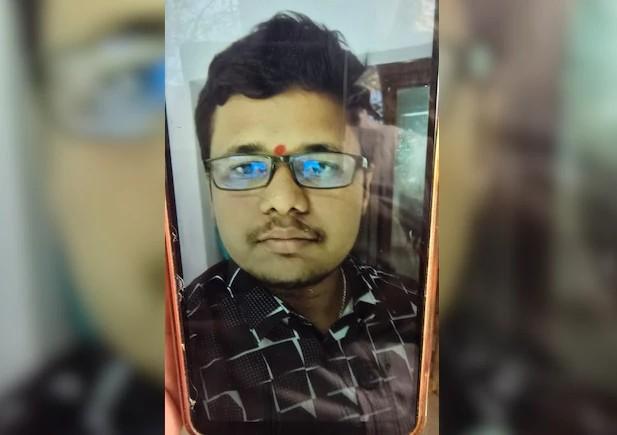
Specially-abled IIIT Allahabad student dies by suicide a day before 21st birthday
The world is no stranger to tragic stories of loss and despair, but the recent incident of a specially-abled student taking his own life just a day before his 21st birthday is a stark reminder of the harsh realities that we often overlook. Rahul Chaitanya, a first-year student at the Indian Institute of Information Technology (IIIT) in Allahabad, Telangana, died by suicide at the hostel campus on Saturday, leaving behind a trail of sorrow and unanswered questions.
According to the police, Rahul was upset about failing an exam, which may have been the final straw that led him to take this drastic step. The news of his death sent shockwaves across the country, with many people expressing their condolences and outrage on social media.
Rahul’s mother, in an emotional interview, revealed that her son had asked her to take care of his younger brother and father in his last message. This heartbreaking request highlights the immense pain and suffering that Rahul must have endured in the days leading up to his death.
The incident has raised many questions about the mental health support systems in place at the IIIT Allahabad campus. While the university has released a statement expressing shock and sadness at Rahul’s death, many are wondering if more could have been done to prevent this tragedy.
As a society, we often tend to overlook the struggles and challenges faced by specially-abled individuals, assuming that they are strong enough to overcome any obstacle. However, Rahul’s story is a poignant reminder that even individuals with disabilities are not immune to the pressures and stresses of everyday life.
In an age where mental health awareness is gaining traction, it is essential that we recognize the importance of providing adequate support systems for students, particularly those who may be more vulnerable to mental health issues. This includes ensuring that there are adequate resources available to help students cope with academic pressures, personal struggles, and any other challenges they may face.
It is also crucial that we break down the stigma surrounding mental health and encourage students to speak up about their struggles without fear of judgment or ridicule. By creating a culture of openness and acceptance, we can create a safer and more supportive environment for students to thrive.
Rahul’s death is a stark reminder that mental health is a critical aspect of overall well-being, and that we must prioritize it in our daily lives. It is our responsibility to ensure that we are not just providing lip service to mental health awareness, but are actively working towards creating a society that is more empathetic and supportive.
As we mourn the loss of Rahul, we must also take a step back and reflect on the ways in which we can prevent similar tragedies from occurring in the future. This includes advocating for better mental health support systems, promoting awareness and education about mental health, and creating a culture of compassion and understanding.
In conclusion, Rahul’s story is a poignant reminder of the importance of prioritizing mental health and creating a supportive environment for all students, regardless of their abilities. As a society, we must work towards creating a culture of empathy and understanding, where students feel comfortable seeking help and support without fear of judgment or ridicule.






